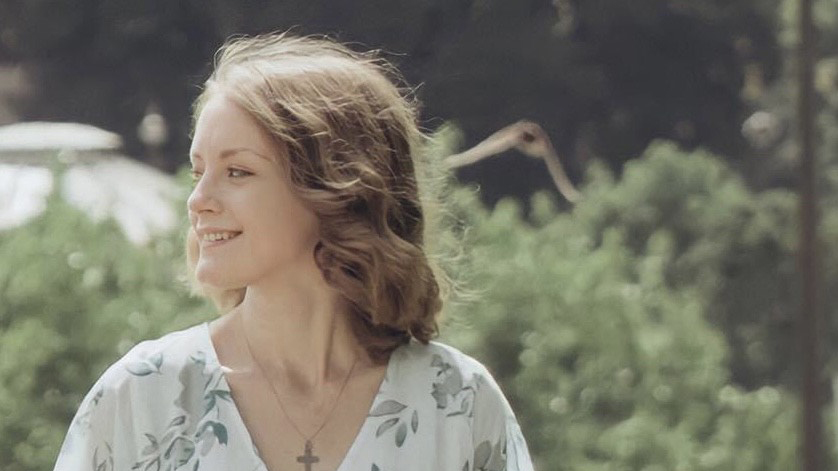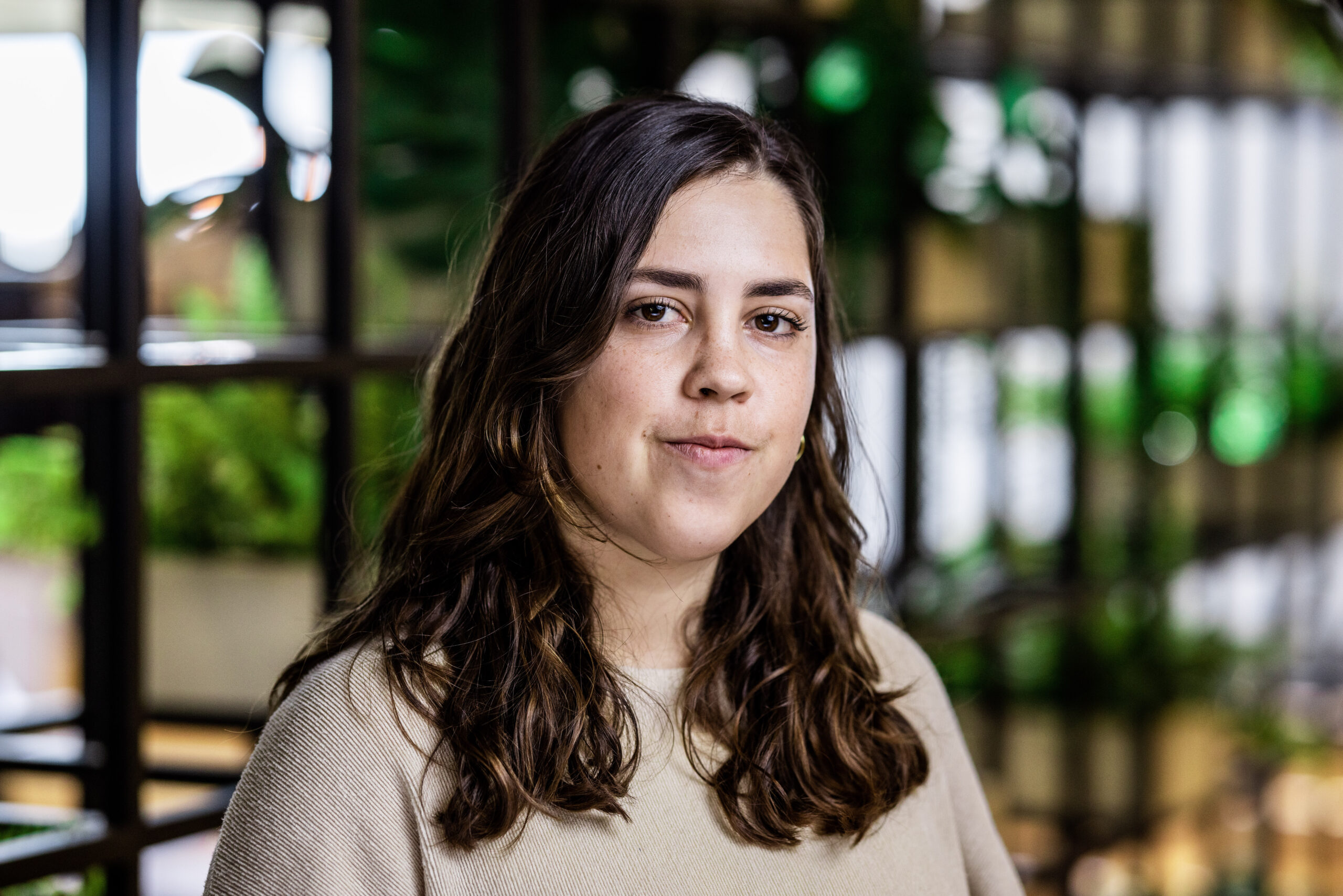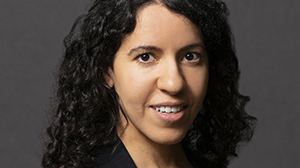Andrea Keckley graduated with a degree in journalism from Stony Brook University in 2020 and joined the Poynter-Koch Media and Journalism Fellowship that fall. During her fellowship with D.C. Witness, an online news organization that covers criminal justice in the nation’s capital, she developed an enthusiasm for reporting on legal and criminal justice topics. She now reports for Law360.
Poynter-Koch: How did you hear about the fellowship? Why did you apply?
Keckley: I heard about the fellowship from a professor. I graduated right after the COVID-19 pandemic hit and was worried about the job market. The fellowship looked like a promising career-building opportunity for early-career journalists. During my time as a fellow, I developed a strong interest in reporting on law and justice issues, especially when it comes to criminal justice. Anyone trying to break into the field should absolutely look into the fellowship if they can. The experience you get, the connections you can build, and the education and learning you have access to don’t come along every day.
Outside of connections and career opportunities, why is a fellowship like this one important?
One thing the fellowship helps you do is to understand how to succeed in a modern media landscape. It allows you to contemplate everything from evolving ethical questions to how to communicate with your audience. For instance, readers and listeners sometimes — understandably — don’t fully understand how reporters go about their work or why newsrooms make certain editorial, even word, choices. One of the fellows in my cohort, for their innovation project, designed a webpage dedicated to explaining some of these things to readers, which I thought was a great idea. If we’re not only more transparent but more communicative, including about the business of reporting, I’d like to think that even if people disagree with some of our methods, hopefully, they at least will be less likely to assign negative motives to our work.
You’ve just started in this industry. How can fellowships like this one, or newsroom managers and editors, help early-career reporters develop skills for good reporting?
When it comes to managers and editors, I think one really important facet is thoroughly training reporters. There is a place for learning by doing, but I think reporters are better off when they’re not just thrown into the deep end. While most of the journalists that newsrooms hire probably have at least some reporting backgrounds or perhaps have been to journalism school, each job is different. When I joined Law360, we spent weeks on training, including practice stories, before I ever wrote an actual article. Law360 exposed me to stories and subjects with which I wasn’t as familiar, but they gave me the tools I needed to take them on. Good fellowships, along with good managers and editors, provide specific training for certain jobs or situations — and best practices — to succeed.
What were some of the principles you discussed in the fellowship, and did anything you discussed change the way you report?
We talked a lot about how to make sure the people we’re reporting on feel heard, especially when their situation is something we have never experienced ourselves. We discussed how to remain open-minded and not make assumptions and how being cognizant of the reality that you may not be able to fully relate to or grasp what someone has gone through can help build trust. When it comes to reporting on law and justice issues, the fellowship helped me think about how to not just report on those matters in the abstract. It’s not enough to only help readers understand the implications of the law. I want to show how these matters affect people in significant, substantial ways.
Why is reporting on law and justice issues important? How is your job part of your purpose?
The justice system has a massive impact on people’s lives, families, and communities. It’s important to pay attention to these issues and to the stories of the people who find themselves in or are affected by the system. When you realize the power and reach the justice system has and its ability to have a positive — or sometimes very negative — effect on a person’s life, you realize that, as a journalist, listening is important.
For example, I recently reported on a case in Florida where an individual now in his 60s was convicted of murder on what many observers say was weak evidence. His legal team has argued that the prosecutors failed to disclose certain evidence. The district court overturned the conviction, and this person was eventually released, but the circuit court disagreed with the lower court. At the time I published the story, his legal team was working on asking the Supreme Court to hear his case. The justices have since declined to do so. Cases like this help me better appreciate what a massive impact the subject matter of some of my reporting has on people’s lives.
Tell me about your innovation project. How it could facilitate bottom-up change in media?
I feel strongly about making the news, particularly law and justice issues, more accessible to general audiences. D.C. Witness had a lot of data-heavy stories. The goal of my innovation project was to make those stories less dense. I explored how to put motion graphics into short videos that visualized the data. D.C. Witness used several of these videos in its reporting during my fellowship. I’ve only been at Law360 for about six months, but they give their reporters a lot of opportunities to branch out. If it would be helpful, I would be more than happy to use more media to try to help explain complex stories.
Back to the fellowship more broadly. What other gaps in the industry do you think a program like this one could address?
One of the significant issues facing journalism is that not many newsrooms look like the communities they cover. That can, understandably, make it hard to build trust. But the Poynter-Koch Media and Journalism Fellowship helps make early-career journalists more cognizant of these issues while also helping them learn the tools they need to be a reporter, make connections that will help them gain a foothold, and discover issues they want to cover.
This interview was edited for length and clarity.



